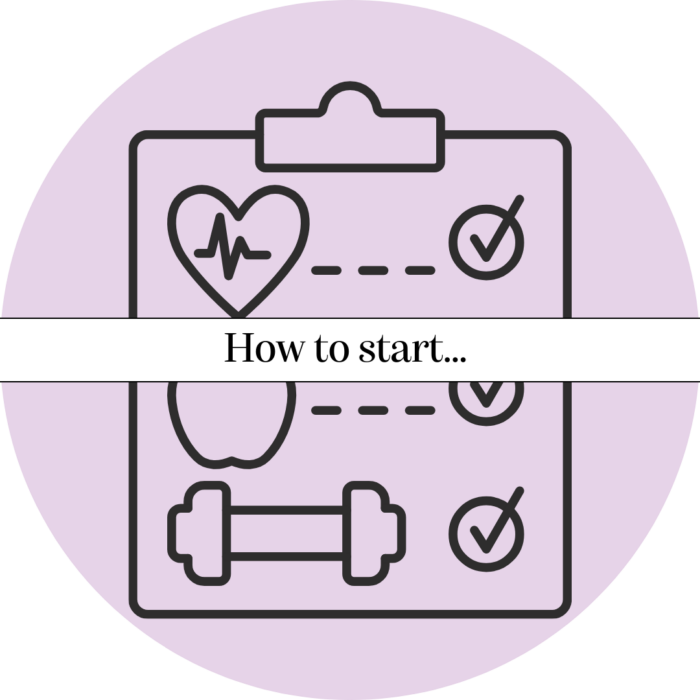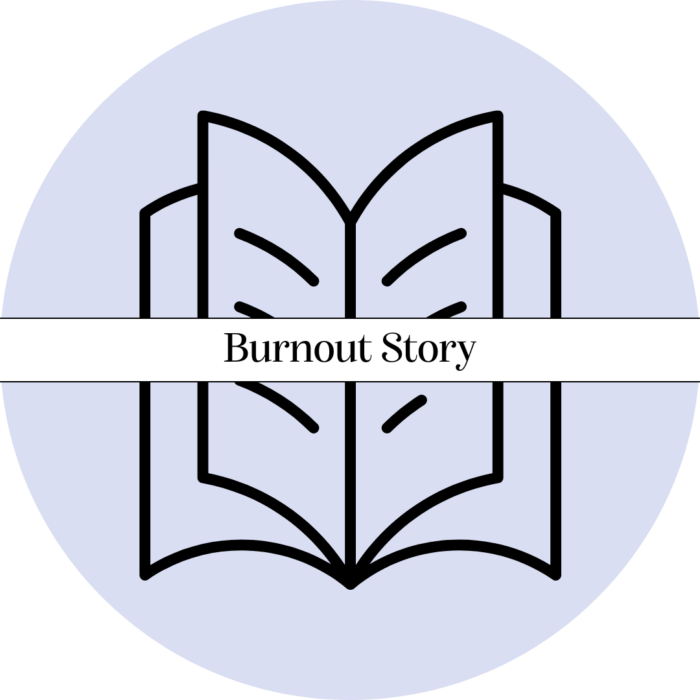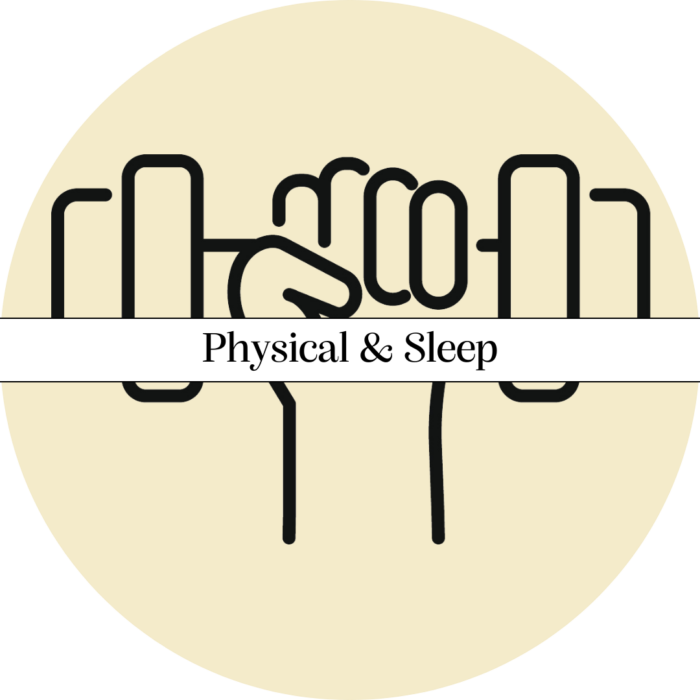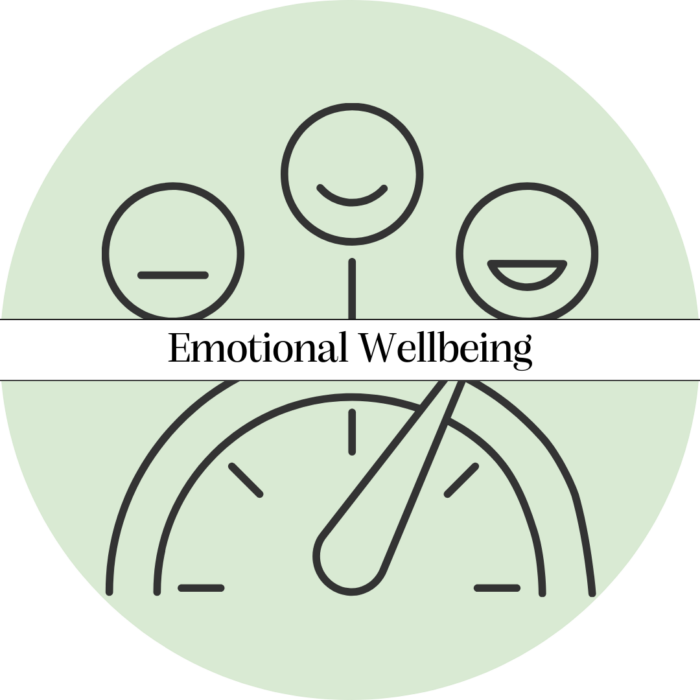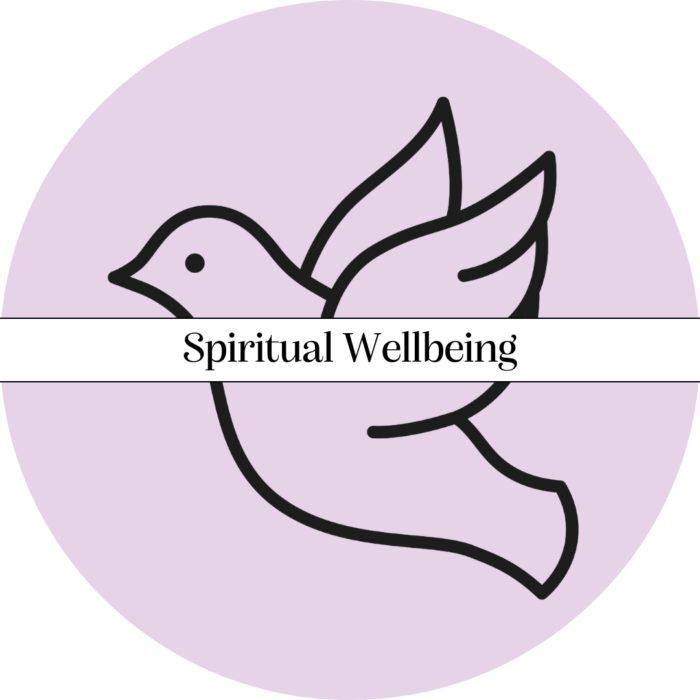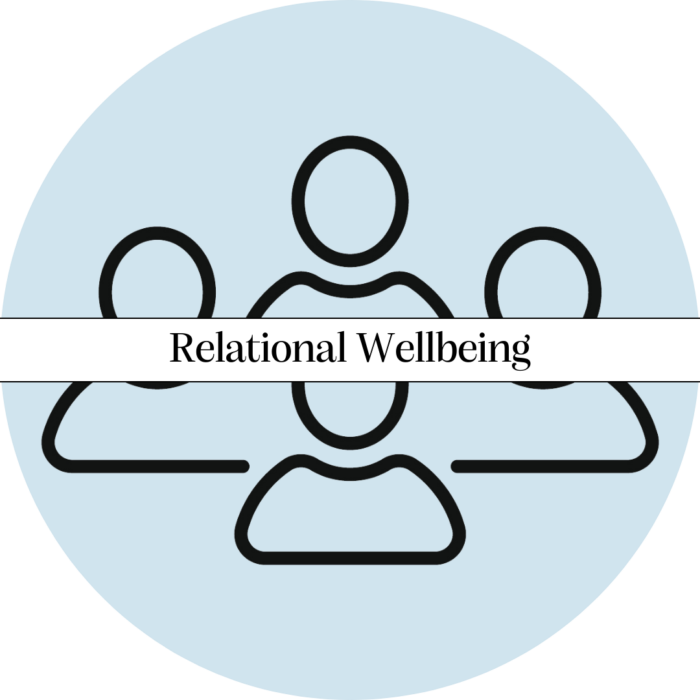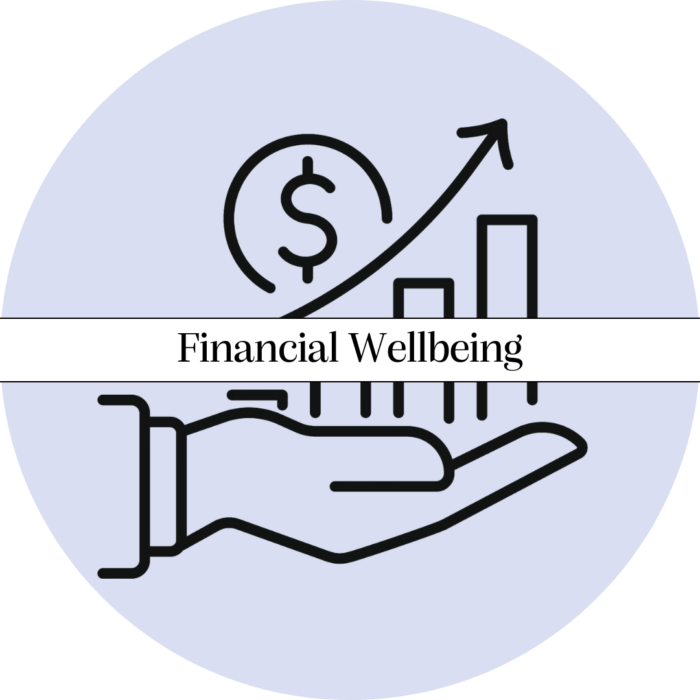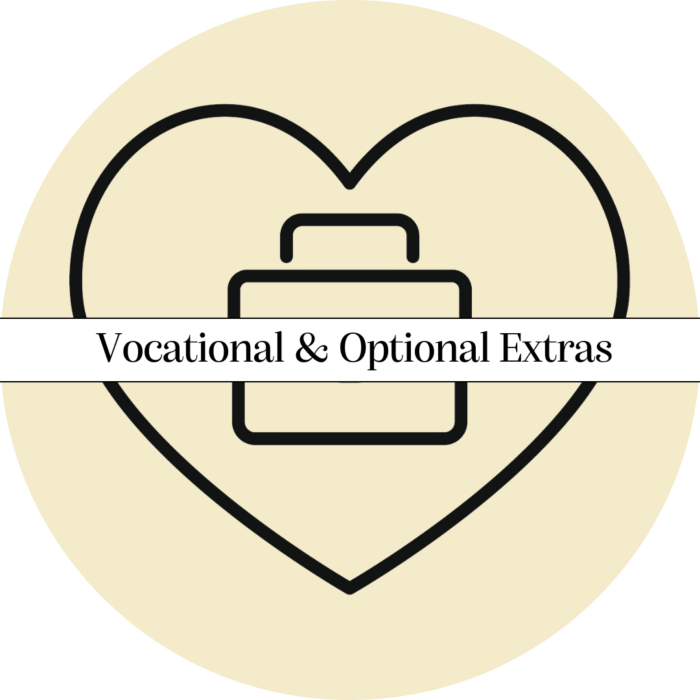We are told we should have more of it, surveys suggest over 80% of people are prepared to pay to get more of it, apparently it is linked with increased happiness and life satisfaction, what am I talking about?
Wellbeing
There is no doubt the Covid pandemic encouraged a greater focus than ever before on people’s wellbeing. This was primarily driven by corporate organisations that recognised the negative impact the pandemic had on the wellbeing of their employees, and realising that by improving their wellbeing, productivity increases which leads to increased profits. It has been estimated that large business corporations now spend approx. £200 per year per employee to support and improve their wellbeing.
However, in reality, it seems there is a lot of talk and many varied strategies out in the secular world around this issue, but still much confusion and lack of clarity over what wellbeing even means, let alone how you support people to have more of it. Moreover, how people view wellbeing is very subjective and in part depends on what they attribute to value and success in life, which can vary from one person to another.
So, out of a somewhat confusing picture of wellbeing in the secular world, I am inviting you to come on a journey of wellbeing as set out from God’s perspective. I believe this will bring clarity as to what God’s intention is for us with respect to improved wellbeing, how He views the whole issue and how He offers us a path through Him to greater fulfilment, joy, peace, vitality and deeper sense of satisfaction in our lives.
I unashamedly declare right from the outset that I very much base a lot of what I will be writing around the information contained in the book ‘God’s Plan for your Wellbeing’ written by Dave Smith who is the lead pastor at Kingsgate Community Church in Peterborough.
If you do nothing else having read this introduction, I would urge you to buy this book and work through it with God and I can guarantee you will be transformed. Even better would be to do it as a group with others, perhaps your small group, family or friends.
My personal background is that I was a GP in the NHS, and experienced a period of significant and severe burnout. This has given me a strong desire and passion to encourage others to invest in their own personal wellbeing to avoid the trajectory of my story which I will share with you in the next section.
My intention is that you will work through the Wellbeing Journey book by Dave Smith and each section outlined below to expand on certain aspects of wellbeing to further enhance knowledge and encourage you.
I will make further book recommendations as we look at certain aspects of wellbeing for those of you who want to dive deeper into certain areas.
STOP & CONSIDER – Do you think God is concerned about your wellbeing ?
Book recommendation : God’s Plan for your Wellbeing by Dave Smith (Waverley Abbey Resources)

